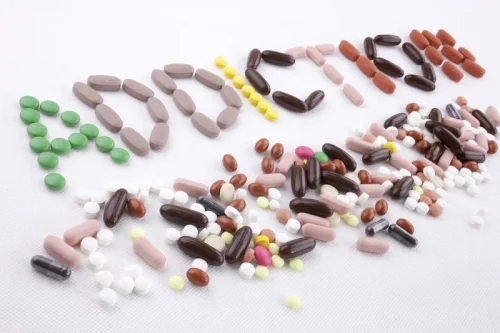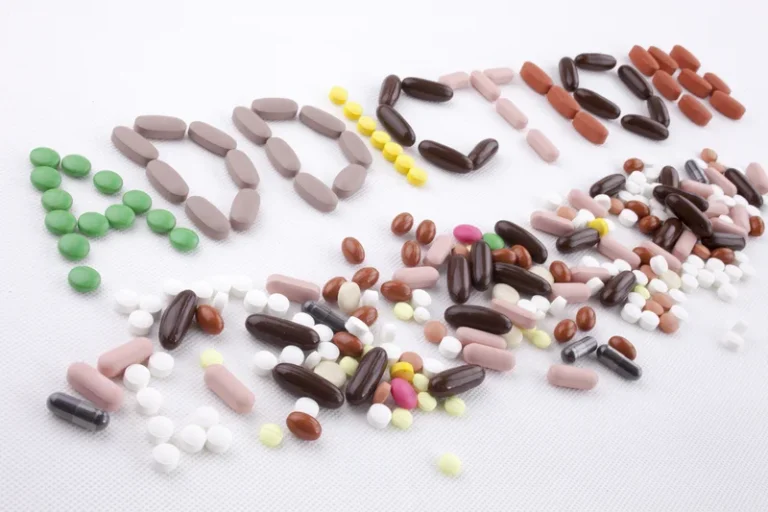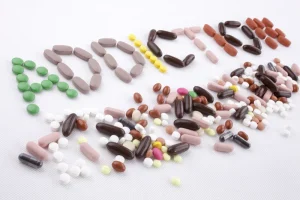
Platelets are small cells in the blood that are essential for clotting. When you cut yourself or experience an injury, platelets help to form a plug at the site of the injury to stop the bleeding. Alcohol consumption can reduce the number of platelets in your blood, making it more difficult for your body to form a blood clot.
FAQs about famotidine and interactions

If you didn’t know that moderate alcohol consumption tends to thin out the platelets in your blood, this information is something you need to know. While drinking in moderation can have some health benefits, it’s not easy to balance how much you drink with your overall health. These changes in the blood aren’t dangerous for most people, but those on anticoagulant medications (blood thinners) should limit their alcohol intake to one standard drink per day. The two primary types of blood thinners are anticoagulants and antiplatelets. Doctors prescribe these medications for conditions, such as atrial fibrillation, deep vein thrombosis, and heart valve replacement. By following these precautions and guidelines, you can make informed decisions about drinking alcohol while on blood thinners.
How To Detox Your Body Before a Drug Test

There aren’t reports of these medications interacting with each other. There aren’t any known interactions between famotidine and vaccines. Talk with your doctor or pharmacist to see whether you’re due for any vaccines. You can talk with your doctor to learn more about interactions of the oral liquid suspension and IV injection forms. Drinking to excess can lead to injuries, alcohol poisoning, violence, stillbirth/miscarriage, and risky sexual acts (sex with multiple partners, unprotected sex, etc.).
Conditions

It’s even worse to mix alcohol, a prescribed blood thinner, and Aspirin or Advil. Overdoing the alcohol, taking aspirin, and taking your blood thinner as prescribed can lead to internal bleeding. If you were to have an accident, even a normally minor one, and suffer injuries, you may experience excessive bleeding, which may require emergency medical care or surgery. Does alcohol have beneficial effects by thinning your blood down? More watery blood may be better for your circulatory system and heart, it says. Some research-based evidence suggests that people who have thicker blood may be at higher risk of developing a stroke or having a heart attack.
- The second class is an anti-platelet medication, which keeps platelets from sticking together to create a clot.
- Alcohol can impair the liver’s function, which is responsible for producing many of the blood clotting factors.
- Here are some frequently asked questions about famotidine and possible interactions.
- Short-term effects occur because of how alcohol impacts receptors in the blood.
- Does alcohol have beneficial effects by thinning your blood down?
- However, excessive alcohol consumption can interfere with this process.
Finally, it answers some common questions about alcohol and blood thinning. Yet there are other, less risky ways to protect your arteries — is alcohol a blood thinner for example, by eating a plant-based diet and exercising. The American Heart Association doesn’t recommend drinking alcohol solely to protect your blood vessels and improve your circulation.
Does the effect of alcohol on blood thinning vary based on age or sex?
If you have high blood pressure, you should do your best to avoid alcohol. Light drinking (one or two drinks) can lower your blood pressure, but that doesn’t mean it’s good for you. Alcohol doesn’t lower your blood pressure by a significant amount. Many of the studies that make this claim do not consider other lifestyle choices, like diet and exercise, which marijuana addiction have a much bigger impact on blood pressure.

Your body makes blood clots from red blood cells, platelets, fibrin, and white blood cells. Anticoagulants and antiplatelets keep these parts from sticking together and forming new clots. Alcohol, in low to moderate amounts, thins the blood, potentially reducing the risk of clots. But moderation is key – and doctors don’t recommend drinking alcohol to protect against DVT. Moderate alcohol use is generally safe while taking most blood thinners.
What are blood thinners? An overview
It’s worth noting that these effects are often seen with excessive and long-term alcohol consumption, rather than occasional or moderate drinking. Alcohol has been found to increase platelet aggregation, meaning that platelets are more likely to stick together and form clots. This effect can potentially lead to an increased risk of blood clots, which can be dangerous if they travel to vital organs such as the heart or brain. However, people should not consume alcohol instead of taking medications as a healthcare professional has prescribed. Additionally, a person should discuss whether they are able to consume alcohol while taking blood thinners, as alcohol may interact with some medications and lead to side effects.

If an individual experiences severe symptoms or side effects, they should consult a doctor or seek emergency help. Attending regular follow-up appointments when taking blood thinners is crucial to ensure blood thinners remain effective and safe. Risk factors increase the likelihood of blood clots forming in the leg and lungs and necessitate blood thinner use. Having surgery, for instance, may require a person to take anticoagulants beforehand or for months afterward.
